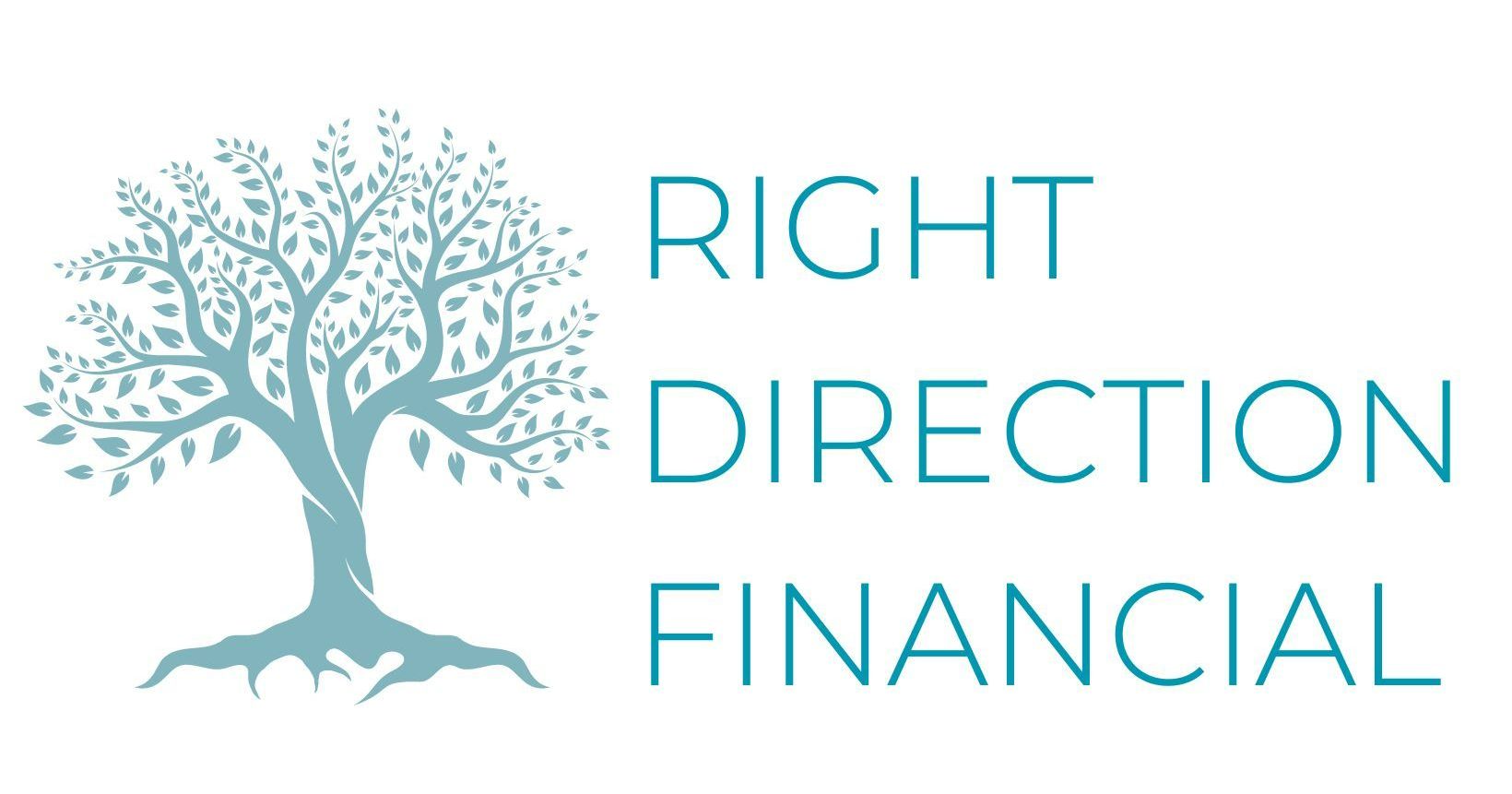Protecting your gifted down payment for your kids
We’ve had the joy of watching many of our clients raise their children and like our girls, they are getting ready to leave the nest! Soon many of them may be purchasing their first homes.
With today’s housing costs, it’s becoming increasingly common for parents to gift a down payment to their adult children. While this is very exciting, it is shedding light on the issue of protecting your gift should there be a relationship breakdown in the future. Here is a story of one of our wonderful clients as an example, although we’ve changed their names and the amount for autonomy.
One of our client’s, Kim and Kelvin, are giving their daughter Jen a large ‘gift’ of $300K to help her purchase her first home. Thanks to her parents, Jen is contributing significantly more to the purchase than her boyfriend, John.
How can Kim and Kelvin protect their money if Jen and John’s relationship breaks down? They wouldn’t be happy if Jen had to split the down payment 50/50 with John if they broke up.
There are a few ways to protect the gift:
1. Kim and Kelvin could give Jen and John a promissory note that they owe the parents the $500K at 0% interest but no payments are required, and the parents can put in their will that it will be forgiven upon their death. Then the parents can ‘demand’ the money back if something happened to their child’s relationship.
2. The parents could register a lien as a 2nd mortgage after Jen and John get the first mortgage so that again the money is secured. This needs to be done by a different lawyer than who did the first mortgage, or the bank will need to give permission for it to be registered.
3. Jen and John could do a cohabitation agreement to discuss what they would expect and what would happen to the gift if their relationship broke down. No one likes to do this, but it does protect the gift.
If Kim and Kelvin were worried about the gift if Jen died, then then Jen and John could register the property title as Tenants in Common rather than Join Owner With Right of Survivorship, so they could guarantee their child’s portion (in this case percentage) was always hers if she passed away.
A lawyer will explain best and has the paperwork to set these documents up.
Source: https://ised-isde.canada.ca/site/competition-bureau-canada/en/fraud-and-scams/fraud-prevention-month


















